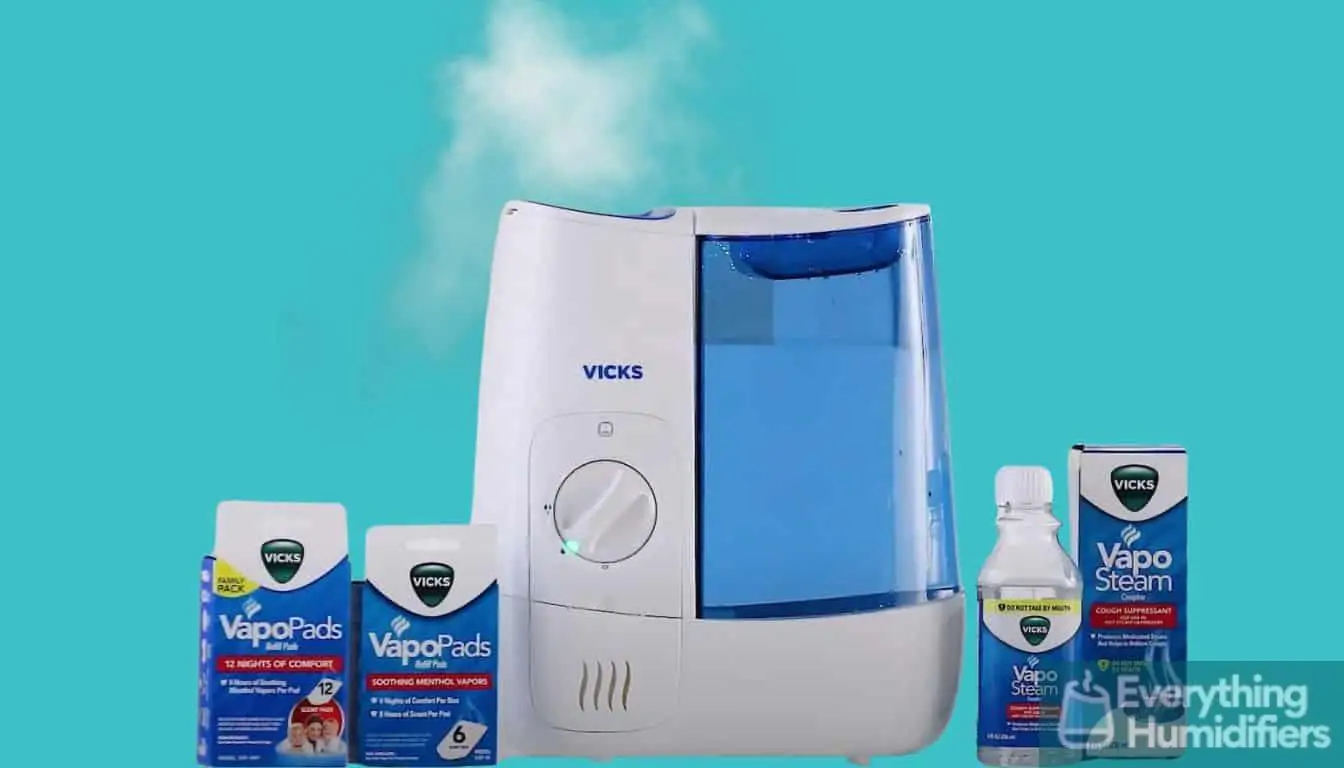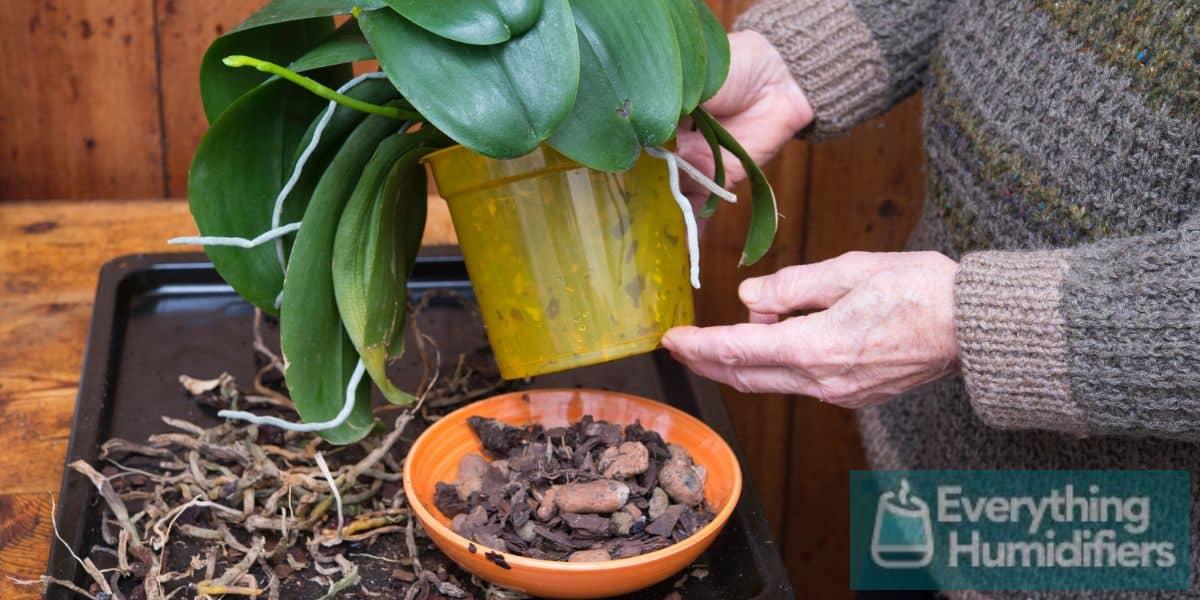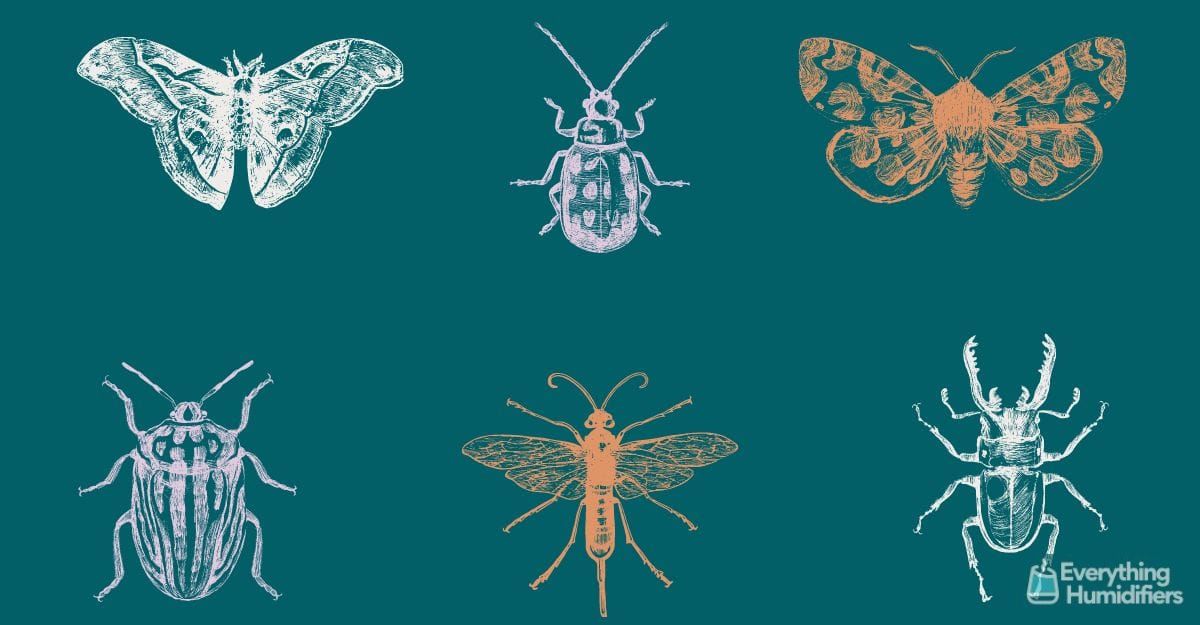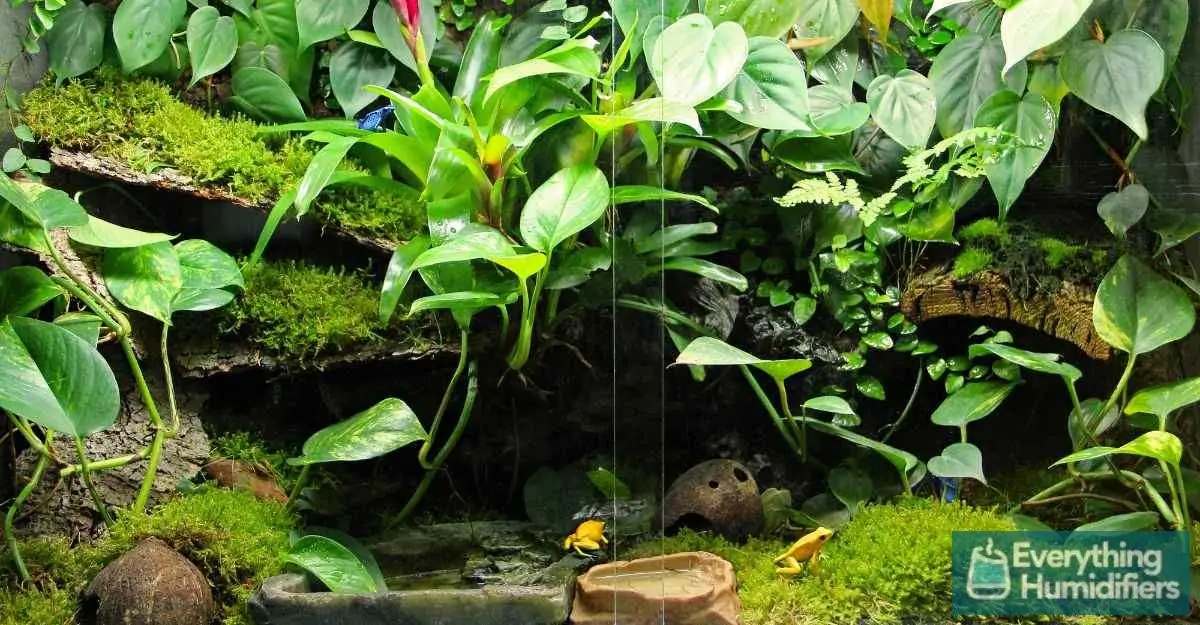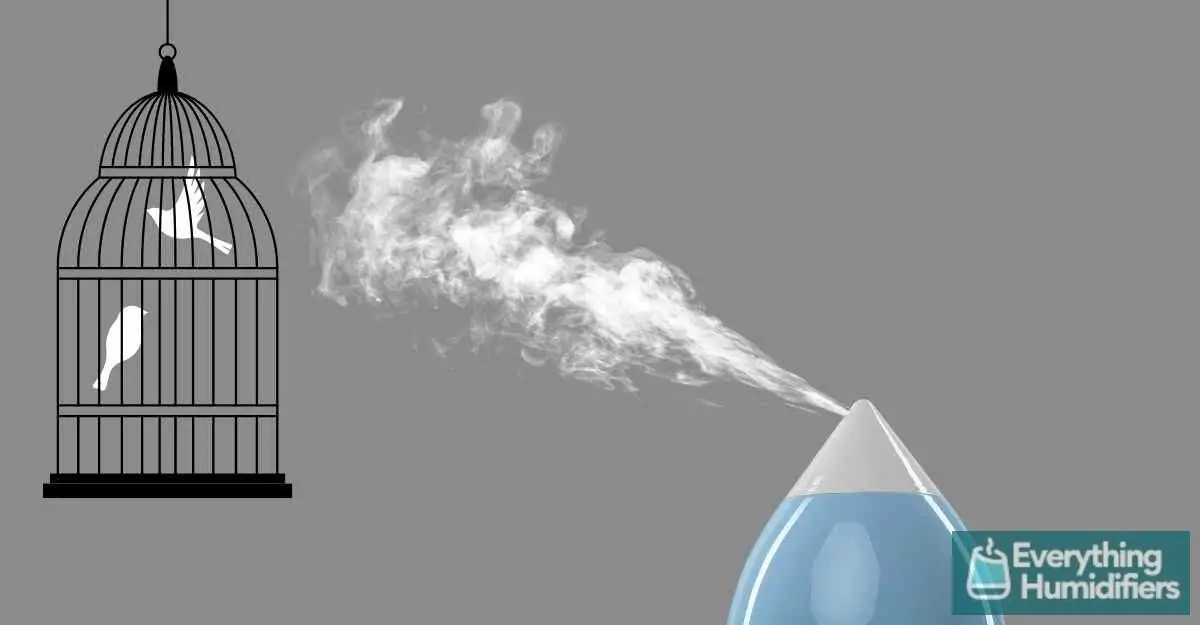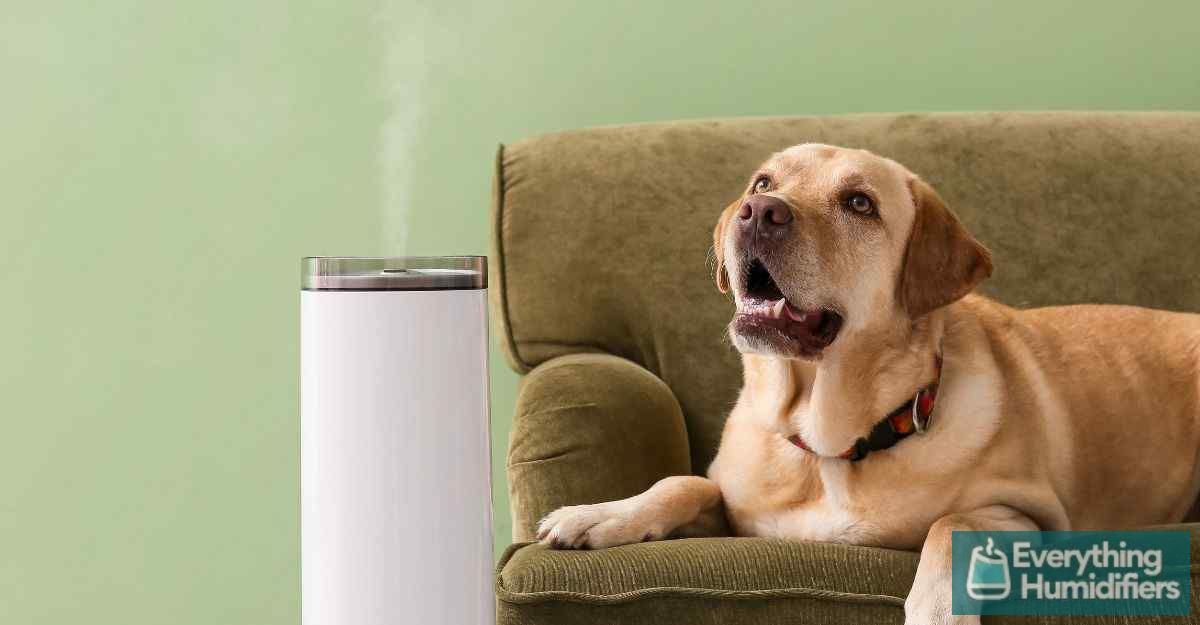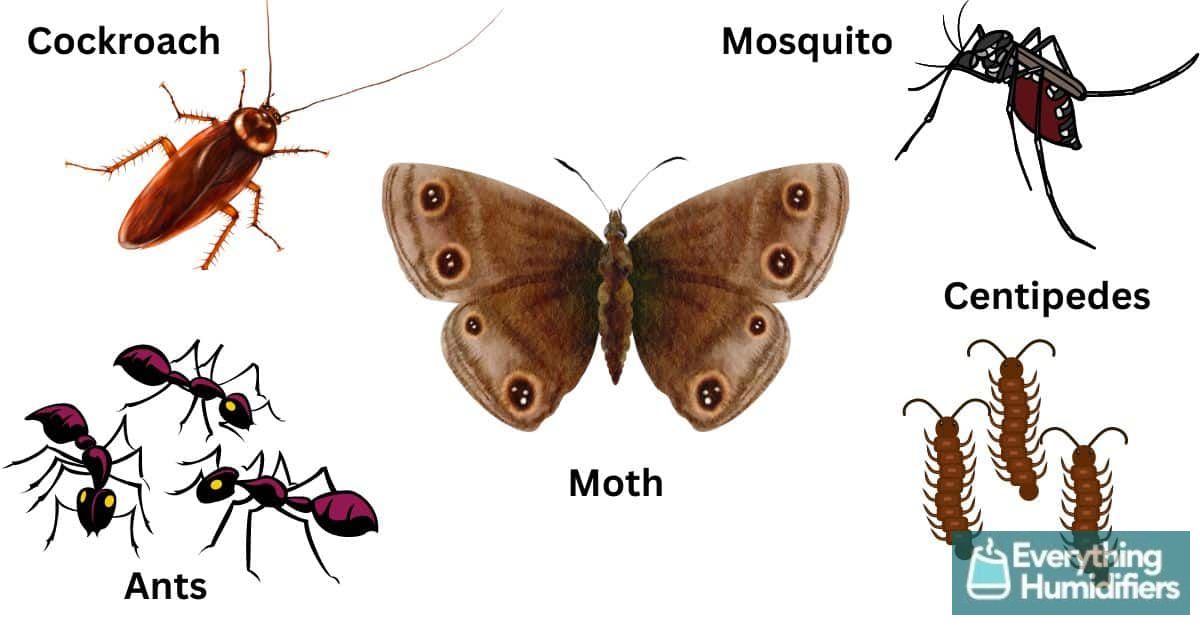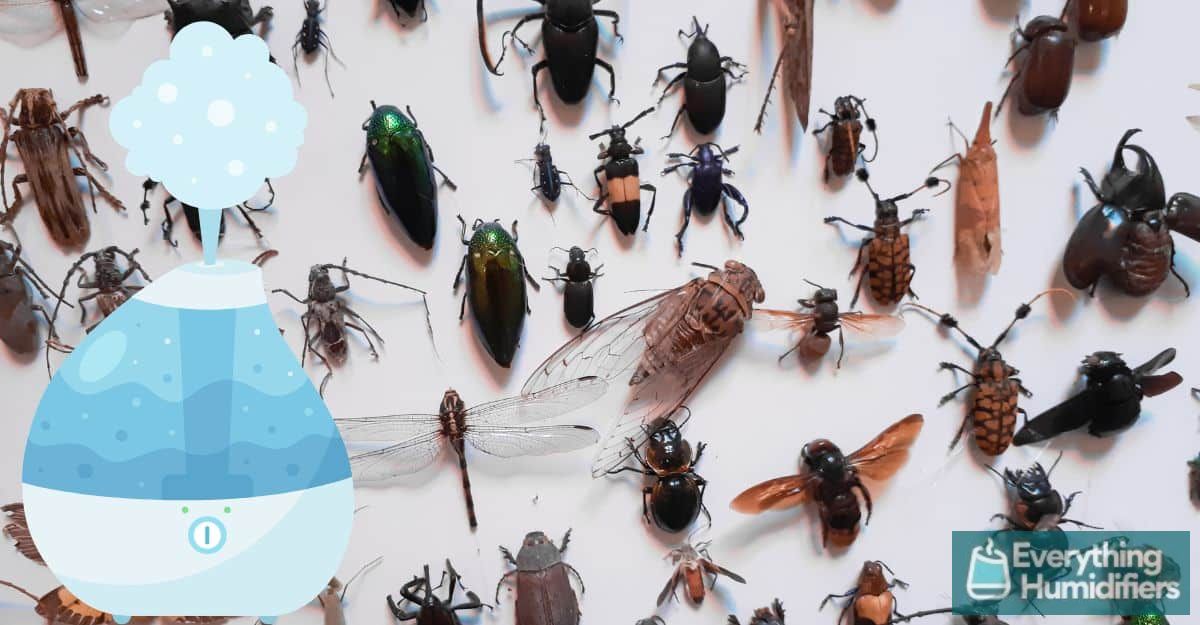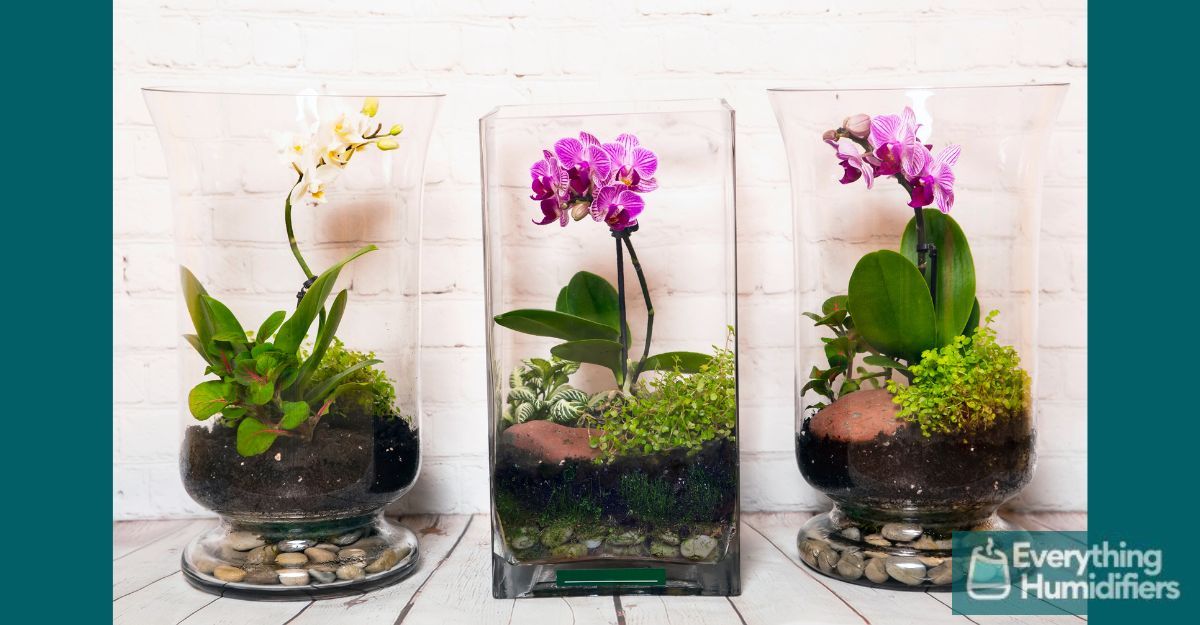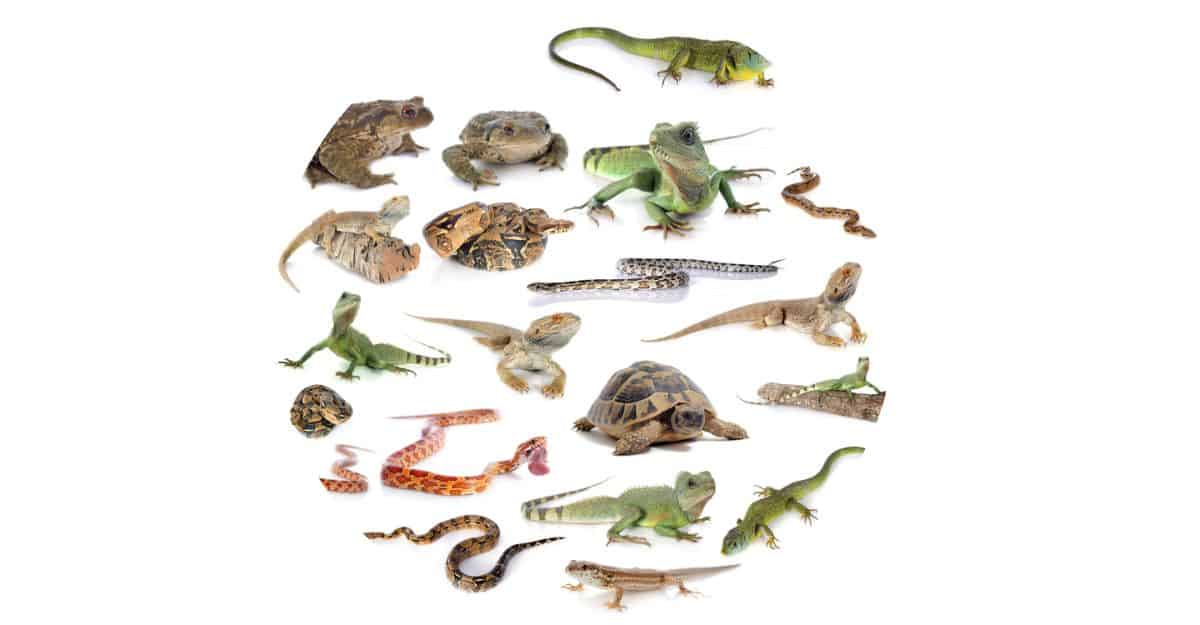Do you dread the coming of winter? You know that the family will struggle with colds, flu, runny noses, cracked lips, and other unwelcome conditions. A personal humidifier can help relieve these symptoms and improve your quality of life.
Many of these ailments are caused by dry air. Depending on where you live, the air in your home may be naturally dry. But, we can also create unnatural conditions of dry air by using air conditioners, heaters, HVAC systems, fireplaces, and central heating systems. These devices reduce the moisture content in the air, drying it out.
Increasing the moisture content in your air can be very beneficial in helping to alleviate these winter blues.
What is the moisture content in the air?
Air naturally contains water. The amount of water in the air is known as humidity. Humidity is measured as a percentage.
Everyone loves to get 100%, but that is not what you want for the humidity in your home. 100% is a very high, wet, dripping-with-water humidity. According to the EPA Your home should have a recommended humidity between 30 and 50%.
Keep indoor humidity between 30 and 50 percent. Use a moisture or humidity gauge, available at most hardware stores, to see if the humidity in your home is at a good level. To increase humidity, use a vaporizer or humidifier. To decrease humidity, open the windows if it is not humid outdoors. If it is warm, turn on the air conditioner or adjust the humidity setting on the humidifier.
Care for Your Air: A Guide to Indoor Air Quality – United States Environmental Protection Agency
If the air in your home is dry and falls below 30%, it may increase the chance of allergies and illness. Installing a personal humidifier is an efficient way to increase the moisture content in the air. You will find that you and your family immediately start benefiting.
8 Conditions that a personal humidifier benefits
Because humidifiers increase the moisture content in the air, they are known to benefit the following:
1. Dry nose and congestion
Air with low humidity can dry out the nasal passages. This causes a decrease in the amount of mucus in the nasal passages. Your nose will feel dry, sore, and uncomfortable. When mucus dries out, it can become hard and crusty, blocking your nasal passages and making breathing more difficult.
2. Nosebleeds
When the air is very dry, it can cause the delicate membranes inside your nasal passages to dry out. They crack more easily and lead to nosebleeds. This is aggravated by picking, rubbing, or blowing your nose. It can also be triggered by sneezing.
3. Sinusitis
Low humidity is known for drying out the sinus passages. Dry sinus passages can lead to discomfort, facial pain, pressure, and sinus headaches. By adding humidity to the air, the moisture helps to keep the mucous flowing, decreasing your chances of suffering from sinusitis.
4. Rhinitis
This is a condition that causes nasal congestion, runny nose, hay fever, allergies, and sneezing. Rhinitis is often set off by pollen, dust mites, mold, and animal dander that floats in the air. Dry air makes it easier for these particles to float and enter the nasal passages. Installing a humidifier can go a long way to benefiting rhinitis.
5. Dry Skin
This condition is also known as xerosis. It can often be remedied by applying a layer of moisturizer, but for some people, dry skin can be debilitating. It can lead to skin that is red, itchy, painful, and can even crack and bleed. Dry air sucks the moisture out of the upper layers of the skin. This can happen if you are outside in the cold, or indoors in an air-conditioned room with low humidity.
6. Allergies

Many allergies are caused by particles that float in the air and enter the eyes and nasal passages.
Dry air helps to dry out bacteria, fungi, dust mites, and mold, making them airborne. When your nose is dry, it has less mucus. Mucus protects against nasties entering your nasal passages and causing irritation. Less mucus means less protection and more chance for allergies to take hold.
Allergies often affect people more in the summer months, when there is an increase of pollen floating in the air.
7. Asthma
Asthma is a respiratory ailment that causes the air passages to become inflamed and narrow. This makes it difficult to breathe. Asthma can be life-threatening if not treated properly. Dry air can trigger asthma attacks in children and adults. While this condition is treated by using inhalers or medication, keeping your air moist by using a personal humidifier can certainly help.
Please check first with your Asthma management specialist if a humidifier would be suitable for you.
8. Snoring
If you spend sleepless nights next to a snorer, installing a humidifier may be a better option than moving out of the bedroom. Dry air causes the soft tissues of the soft tissues in the mouth, nose, and throat to dry out. As you breathe, the tissues touch each other and vibrate, making a rattling sound. As many people know, this can be very challenging for the listener and can also cause long-term health risks to the snorer.
Can a humidifier make you sick?
If used correctly, a personal humidifier should improve your health, not make it worse. But, there are always buts! If you over-humidify your air, you will create a new set of problems. Very humid air, usually over the 60% mark, will create a fabulous environment for mold, bacteria, and dust mites to grow. This is not what you want. Once you have these unwanted guests in your home, they can make you ill.
It is important to ensure that your humidifier is always kept clean. This is especially important if your model uses replaceable filters. Filters get damp and dirty and can emit harmful mold and bacteria into the air. If you clean your device regularly, you should not have to worry about these issues.
Used correctly, a humidifier should not make you sick.
Dirty humidifiers can especially cause problems for people with asthma and allergies. But even in healthy people, dirty humidifiers have the potential to trigger flu-like symptoms or even lung infections when the contaminated mist or steam is released into the air.
Humidifiers: Ease skin, breathing symptoms – Mayo Clinic
We would like to highlight that keeping your personal humidifier and its filters clean, along with using distilled water should prevent mist or steam from becoming contaminated. A small commitment to a cleaning regime will ensure you breathe in fresh moisturised air.
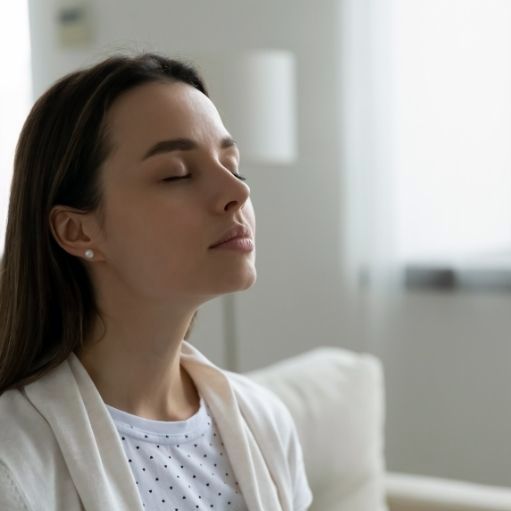
Summary
Dry air is the cause of many irritating problems that affect the nose, throat, and respiratory systems. Depending on where you live, you may naturally have dry or cold air. Dry air can also be created by using air conditioners, heaters, HVAC systems, fireplaces, and central heating systems.
Personal humidifiers are very effective in increasing the moisture content in the air and helping to eliminate these ailments.
In this way they can be beneficial for:
- Stuffy nose
- Asthma
- Sinusitis
- Dry Skin
- Congestion
- Dry nose
- Nosebleeds
- Allergies
- Dry eyes
- Sore throat
- Dry throat
- Rhinitis
If you find that your family constantly suffers from some of these conditions, installing a humidifier can certainly benefit and improve the health of everyone in your home.
Humidifiers range from small, compact, portable devices to large systems that control the air in your whole home. If you are a first-time buyer, the choices are many and can be overwhelming. We are here to help!
We have reviewed some of the best personal humidifiers and presented them to you in an easy-to-read format. Our reviews give you the pros, cons, and features of each, making it simple for you to make the correct choice to suit your needs.


